The 5 latest artificial intelligence trends in 2024 are driving significant advancements and changing the way people interact with technology, make decisions, and envision the future of work and society. These trends highlight the need for further development in ethics, regulations, and collaboration between humans and AI. They represent a technological revolution with far-reaching effects on society.
The 5 Latest Artificial Intelligence Trends
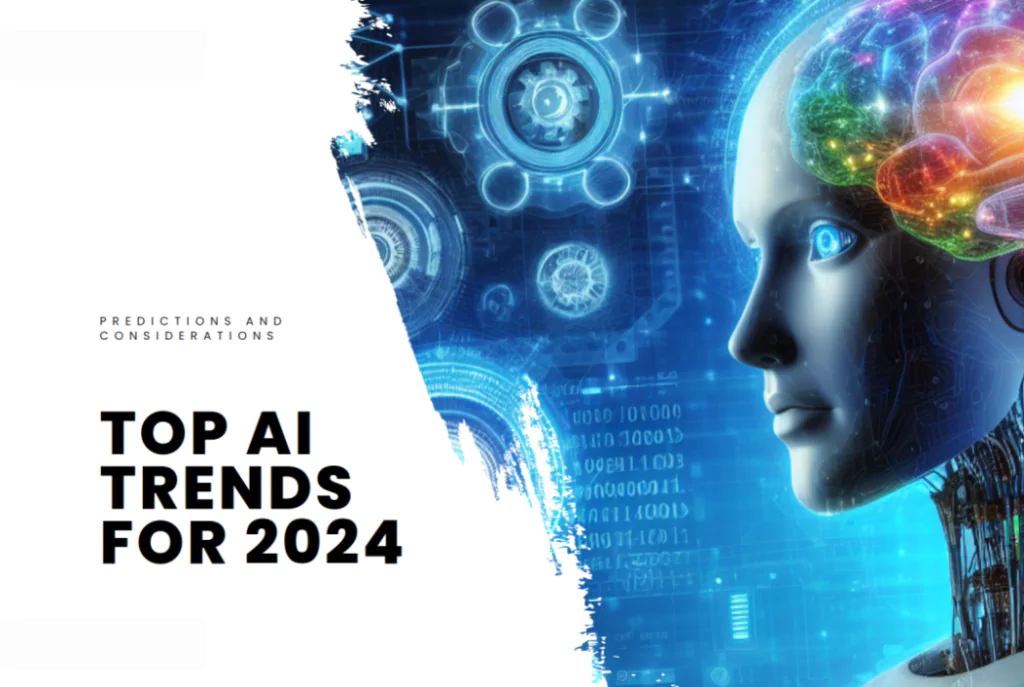
These AI trends not only showcase the extent of technological advancement but also emphasize the necessity for further development in the realms of ethics, regulations, and collaboration between humans and AI. This examination delves into the current trends in AI for 2024, each shedding light on a distinct facet of this technological revolution and its impact on society.
Let us explore each of these recent AI trends in greater depth, acknowledging their relevance and providing real-world examples to support them.
1. Advancement in Generative AI
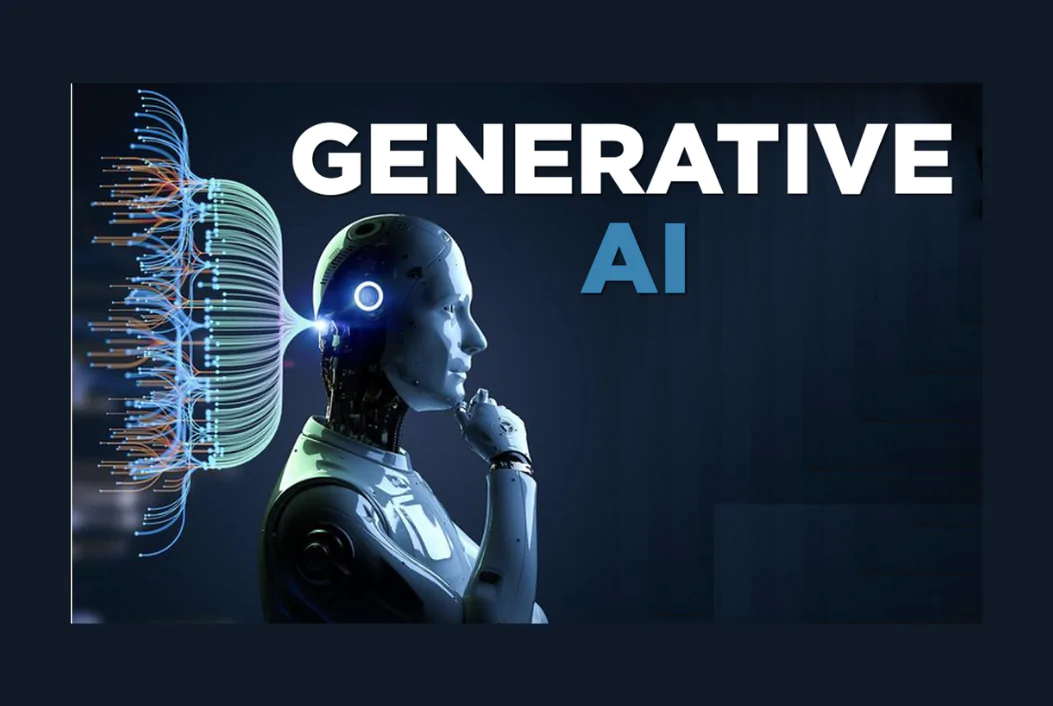
The advancement in generative AI represents a significant leap forward in artificial intelligence, pushing the boundaries of creativity and innovation. State-of-the-art AI systems capable of generating fresh, creative content — be it text, images, videos, intricate designs, or simulations — are at the forefront of this movement. These AI models are trained on extensive datasets, allowing them to produce outputs that are more complex, nuanced, and notably distinct from content generated by humans.
Generative artificial intelligence (AI) leverages deep learning techniques, particularly Generative Adversarial Networks (GANs) and Variational Autoencoders (VAEs). Thanks to these technologies, AI can now learn from existing data and generate new, similar, yet unique data. The applications are diverse, ranging from practical uses such as creating realistic training data for AI models or generating models for 3D printing, to artistic endeavors like producing original works of art or music.
Example: AI in the Film Production Industry
The film production industry serves as a remarkable example of the cutting-edge advancements in generative AI. Imagine a scenario where a movie studio utilizes AI technology to create realistic characters and background settings. Instead of hiring extras for crowd scenes or spending countless hours on computer-generated imagery (CGI), the studio leverages Generative AI models to construct these components.
2. Ethical AI
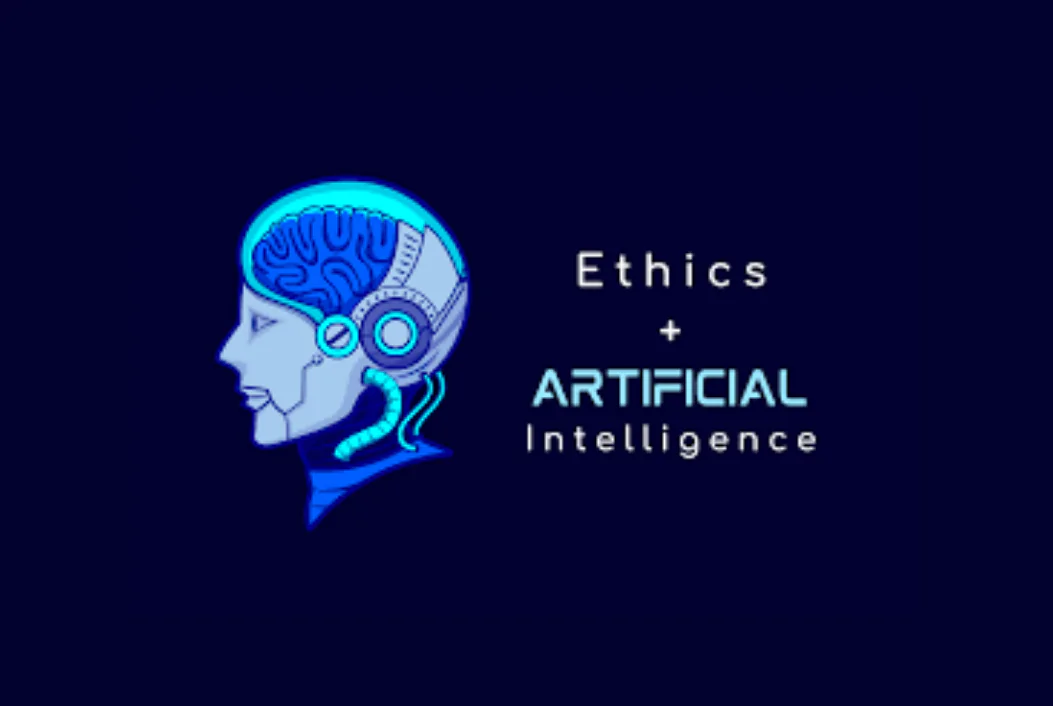
The concept of Ethical AI is gaining momentum as it emphasizes the creation of AI systems that are unbiased, transparent, and responsible. It is crucial to ensure that these systems do not perpetuate prejudices or make unjust judgments as their usage becomes more prevalent. An instance of this can be seen in the development of AI tools for recruitment, which aim to mitigate unconscious biases that human recruiters may have by evaluating candidates solely on their experiences and abilities. The objective of this movement is to enhance public trust in AI systems and ensure that society as a whole benefits from their implementation.
Example: AI in Hiring
The recruitment industry is one sector where ethical AI is currently being implemented. Traditionally, hiring processes have been susceptible to unconscious bias, leading to decisions being influenced by factors such as a candidate’s background, gender, or ethnicity rather than their actual qualifications and abilities. Without ethical considerations in the development of AI systems, there is a risk that these technologies may perpetuate and even exacerbate existing biases present in the training data, further exacerbating these issues.
Learn more about AI Ethics
3. Augmented Working
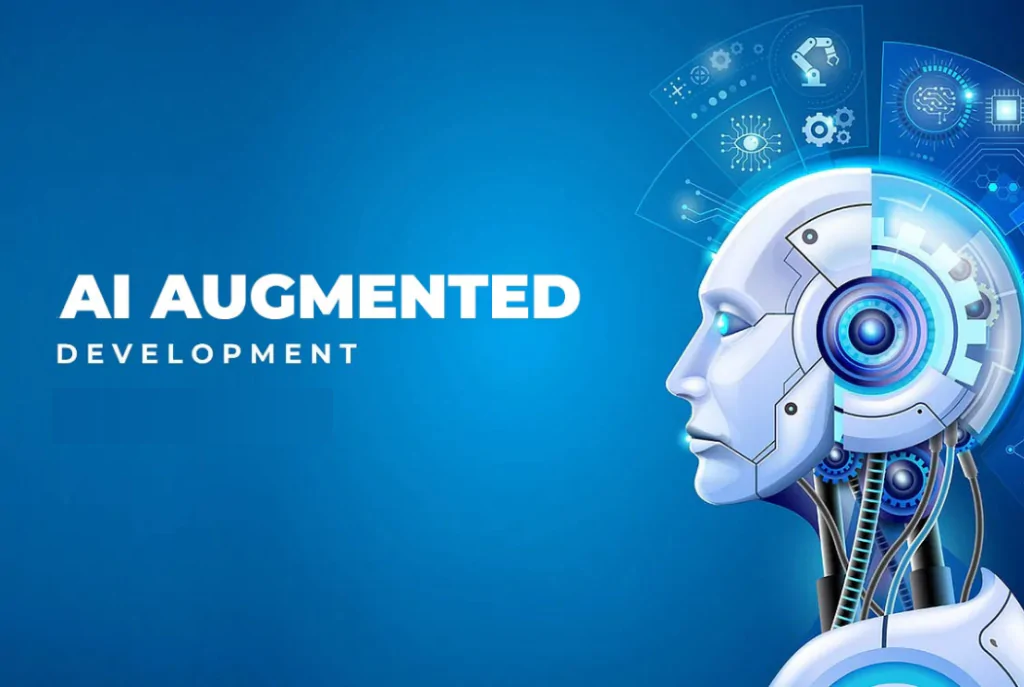
Augmented Working signifies notable trends in AI technology within the field of Artificial Intelligence. It involves the integration of AI systems into the workplace to augment and enhance human capabilities. This movement is built upon the concept of collaboration between humans and machines, leveraging their respective strengths to achieve tasks with greater precision, innovation, and productivity.
The foundation of augmented working lies in the AI’s ability to efficiently and promptly handle and analyze vast quantities of data. This task, which would consume a significant amount of time for humans and potentially elevate the risk of errors, is effortlessly accomplished by AI.
Example: AI in Healthcare
AI in the healthcare sector provides a compelling example of how Augmented Intelligence can be utilized. Through the use of artificial intelligence (AI) tools, healthcare professionals are able to make diagnoses that are both more precise and timely.
4. Quantum AI
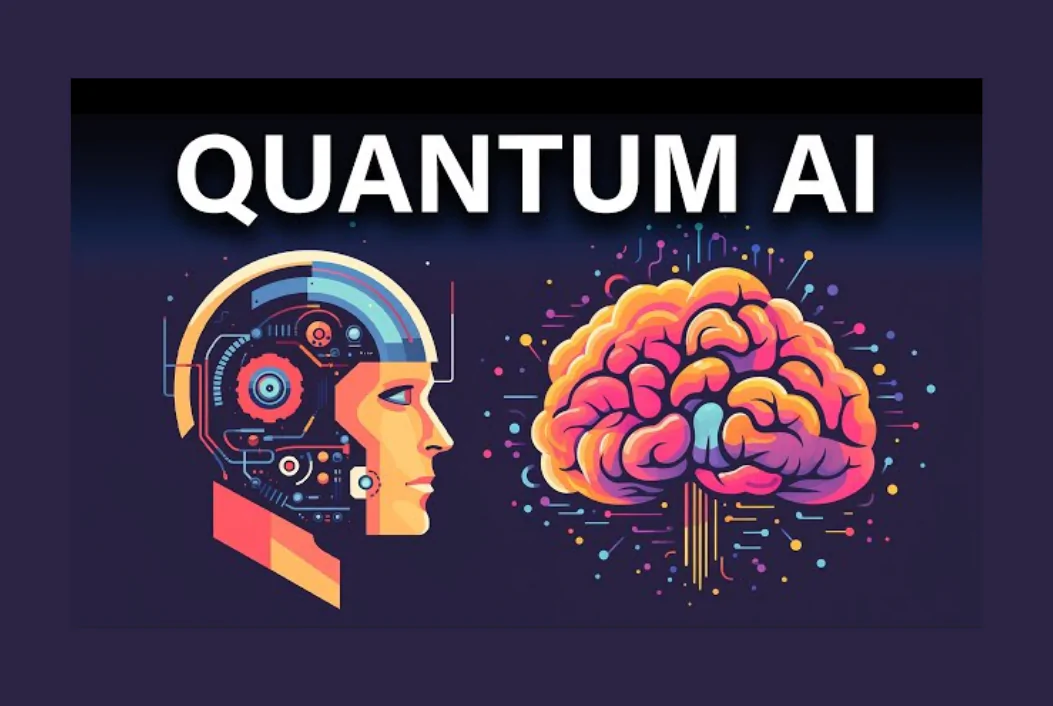
In 2024, experts predict that the revolutionary combination of quantum computing and artificial intelligence, known as “quantum AI,” will revolutionize the field of computation and problem-solving. By harnessing the unique capabilities of quantum computing such as entanglement and superposition, information can be processed in ways that were previously unimaginable with traditional computers.
Quantum computers are powered by qubits, which have the unique ability to represent multiple states simultaneously, unlike classical bits. This feature enables quantum AI systems to process and analyze large datasets much more efficiently than their traditional AI counterparts.
Example: Drug Discovery and Development
The pharmaceutical industry, especially in the realm of drug development and discovery, serves as a tangible example of the potential of quantum artificial intelligence. Traditional methods of drug discovery are costly and lengthy, often requiring years to identify and develop a viable drug candidate. Quantum AI has the potential to transform this process.
Learn More About Quantum AI
5. AI Legislation
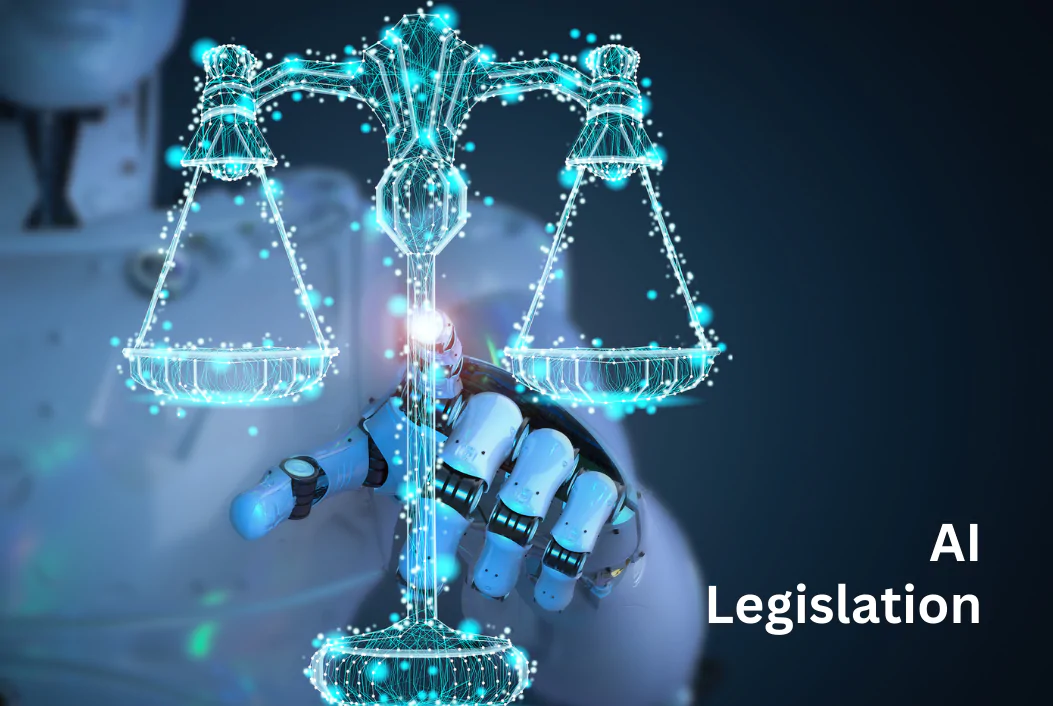
AI legislation has become increasingly crucial with the widespread integration of artificial intelligence (AI) into various aspects of society. These laws and regulations are specifically designed to govern the development, implementation, and use of AI technologies. The push to address various issues, including safeguarding privacy and security, preventing AI-induced discrimination, and ensuring accountability for AI-generated decisions, is the driving force behind this initiative.
The primary objective of AI legislation is to ensure the ethical and responsible application of AI by providing a well-defined approach to address these concerns. The aim is to find a harmonious equilibrium where both individual rights and societal values are upheld, while still fostering innovation without any hindrance.
Example: The European Union’s AI Regulation
The European Union’s proposal for the Artificial Intelligence Act showcases a prime illustration of AI regulation in practice. This pioneering legislation stands as one of the initial substantial frameworks designed to govern AI. High-risk AI applications are subject to stringent restrictions, with categorization based on varying levels of risk.
Learn more about AI Legislation
The Future of AI Ethics and Regulation
As AI technologies advance rapidly, it is crucial to establish ethical guidelines and regulatory frameworks to ensure responsible development and deployment of AI solutions.
-
Establishing Ethical Guidelines for AI Development
Ethical considerations, such as fairness, transparency, and accountability, must be integrated into AI development processes. By prioritizing ethical principles, organizations can build trust and credibility with stakeholders.
-
Transparency and Accountability in AI Algorithms
AI algorithms must be transparent and accountable to prevent bias, discrimination, and unintended consequences. Organizations should ensure transparency in AI decision-making processes and provide explanations for AI-generated outcomes.
-
International Cooperation on AI Regulation
International cooperation is essential to harmonize AI regulation and address global AI challenges. By collaborating on cross-border AI policy frameworks, governments can promote innovation while safeguarding ethical standards and human rights.
AI in the Future of Work
As AI technologies continue to evolve, the future of work is expected to undergo significant transformations. From automation of routine tasks to human-AI collaboration, the integration of AI in the workplace presents both challenges and opportunities.
-
Automation of Routine Tasks with AI
AI-powered automation streamlines repetitive tasks, allowing employees to focus on more strategic and creative endeavors. By delegating mundane activities to AI algorithms, organizations can increase productivity and efficiency.
-
AI-Powered Decision Support Systems
AI-driven decision support systems assist employees in making data-driven decisions by analyzing complex datasets and providing insights. By leveraging AI technologies, organizations can enhance decision-making processes and drive business growth.
-
Human-AI Collaboration in the Workplace
Collaboration between humans and AI is essential for maximizing the potential of AI technologies in the workplace. By fostering a culture of collaboration and integration, organizations can leverage the unique strengths of both humans and AI to achieve optimal results.
Conclusion
In brief, the outlook for artificial intelligence in 2024 is poised for a significant transformation marked by major advancements and deeper integration into every facet of our lives. The rise of Next Generation Generative AI, Augmented Working, AI Legislation, Ethical AI, and Quantum AI exemplify different aspects of AI progress and emphasize its vast capabilities. These business trends in artificial intelligence underscore the various ways AI enhances workplace efficiency, fosters innovation, addresses ethical concerns, and pushes the boundaries of computing.
FAQs
-
What are the key trends driving the advancements in AI in 2024?
Key trends in 2024 include quantum computing, NLP advancements, democratization of AI, autonomous systems, and AI-powered cybersecurity.
-
How will AI impact different industries such as healthcare, cybersecurity, and agriculture?
AI will enhance healthcare through diagnostics, bolster cybersecurity defenses, and optimize farming practices with precision agriculture techniques.
-
What ethical considerations should be taken into account when developing AI technologies?
Ethical considerations include data privacy, algorithm bias, transparency, accountability, and the impact on employment.
-
How can organizations prepare for the future of work with the integration of AI?
Organizations can prepare by upskilling employees, embracing AI tools for efficiency, fostering a culture of innovation, and reimagining job roles.
-
What role can governments play in regulating AI technologies to ensure ethical development and use?
Governments can regulate AI by establishing ethical guidelines, enforcing transparency in AI systems, promoting research, and collaborating internationally for standardized regulations.
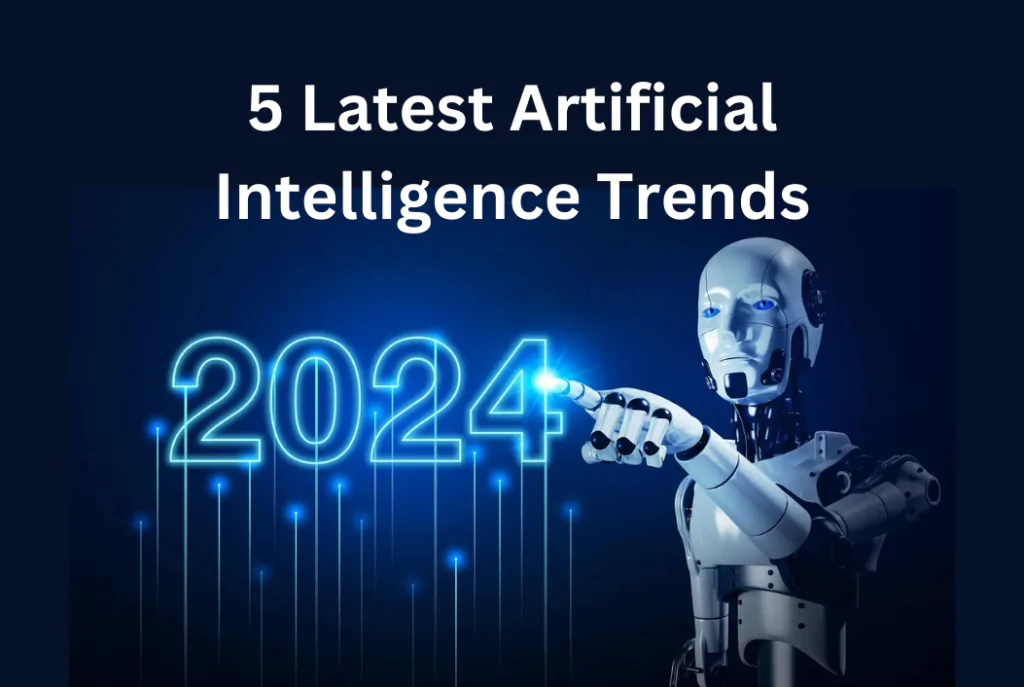

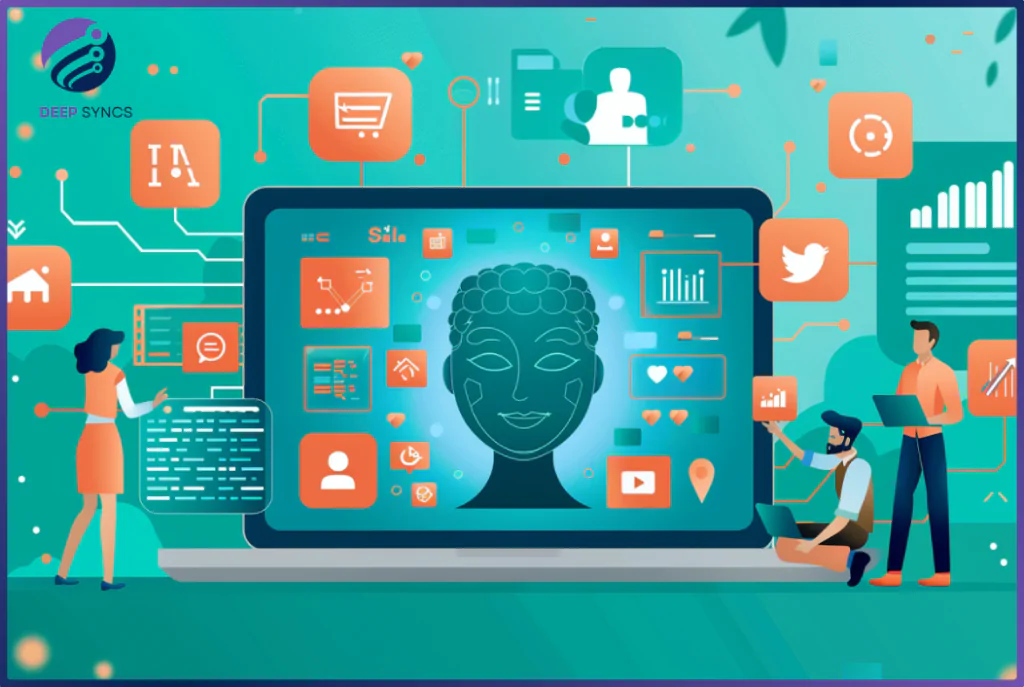
you are in reality a good webmaster The website loading velocity is amazing It sort of feels that youre doing any distinctive trick Also The contents are masterwork you have done a fantastic job in this topic.